
|
|

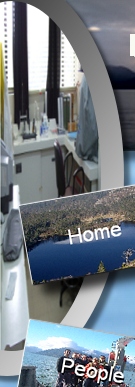

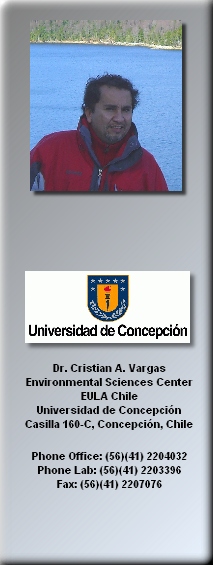
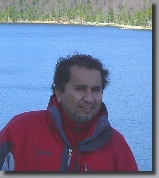
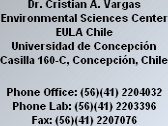

Our lab group is interested in the structural and functional descriptions of the components in aquatic ecosystems in connection with the environmental factors. Methodological basis of our researches are a combination of trophic-dynamic approach in planktonic communities from a very broad perspective. A major focus of our research is directed towards the analysis of food webs in fjords, estuaries, and coastal exposed areas, as well as the exchange of biogeochemically important elements and nutrients among ecosystems (land-rivers- fjords-coastal ocean). We put special emphasis in the role that may play microbial communities (bacteria and protozoans) in biogeochemical cycles in relation to global climatic change. Some examples of the kind of research we are developing include: |
· Extent and cause of spatial/temporal pattern of plankton distribution in relation to physical processes in estuaries, river plumes and embayment. · How plankton community structure may influence vertical carbon fluxes in shallow estuaries and fjords. · River flows, nutrient cycles and microbial/plankton ecology modified by anthropogenic activities in the coastal zone. · Interplay between spatial fluxes of energy and anthropogenic nutrients to food webs and outcomes of local species interactions. · Development of experimental models of microbial and metazoan food-webs, and their application to study aquatic biogeochemical cycles in relation to climatic change. · Interplay of trophic dynamics and potential effects of climate change on microbial/metazoan food webs in estuaries, fjords and coastal zones. Much of our experimental work takes place in the coastal region off Central Chile, including estuaries; embayment and river plume areas, as well as fjord ecosystems in the Chilean Patagonia. We are also interested to expand our research toward Patagonian lakes, in order to compare processes between freshwater and marine ecosystems. |
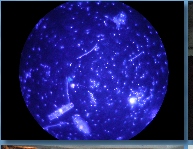
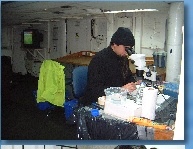
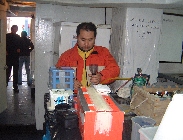
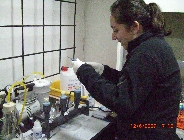
Cristian A. Vargas |